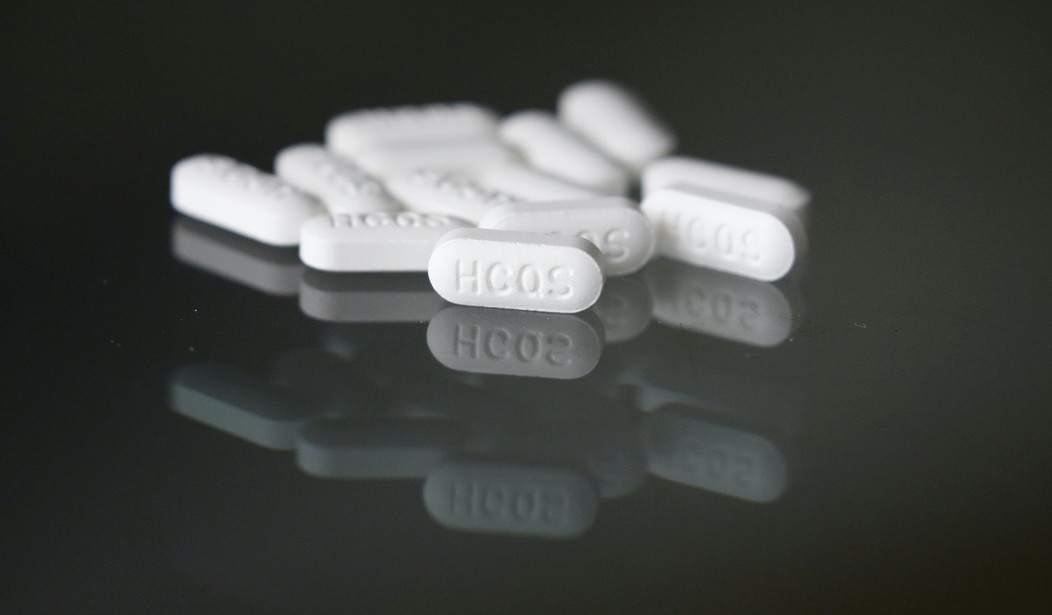President Trump tested positive for COVID-19 a month ago, along with many others around him, including nearly a dozen aides, Members of Congress and donors. This could not have come at a worse time for the president, who had been downplaying the risk from COVID. President Trump was actively campaigning for re-election and preparing his next debate with Joe Biden. Fortunately for the president, powerful people have access to more resources to deal with COVID than other Americans.
President Trump received the best care possible. Although the president’s symptoms were relatively mild, Trump was whisked off to Walter Reed Army Hospital by helicopter. While at Walter Reed the president had access to experimental drugs not available to other patients. According to a statement released by the White House, “Following PCR-confirmation of the President’s diagnosis, as a precautionary measure he received a single 8 gram dose of Regeneron’s polyclonal antibody cocktail. He completed the infusion without incident. In addition to the polyclonal antibodies, the President has been taking zinc, vitamin D, famotidine [Pepcid], melatonin and a daily aspirin.”
President Trump also reportedly was also given the newest antiviral medication, Remdesivir and the asthma corticosteroid medication Dexamethasone. The president was discharged three days later to convalesce at the White House, where he would be monitored around the clock. New York Times reporter Sarah Kliff estimated the gross charges for his care at a non-military hospital would have approached $100,000.
President Trump had choices due to his power and influence. But that got me to thinking about how little choice in health care most of us actually have. Most patients with the coronavirus recover at home without any medical intervention besides over-the-counter cold medications, aspirin and dietary supplements such as zinc, Vitamin C and Vitamin D. Few home-bound patients have access to antiviral medications unless they have a knowledgeable doctor willing to experiment. Even an old antiviral medication hydroxychloroquine was out of reach in many states due to political pressure by state health departments. Patients outside of the hospital certainly cannot access the experimental therapies under development.
Recommended
COVID has revealed the shortcomings of a health care system that is anything but patient friendly. In the process the virus laid bare the problems consumers face when care is needed for conditions they did not expect. Consumers report finding it difficult to get prices quoted ahead of time when seeking access to COVID testing. Prices vary depending on where you are tested and whether you have insurance. Texas has been especially hard hit by costly out-of-network COVD tests. Whereas most COVID-19 tests are roughly $100, one Dallas company billed insurers $2,315 for COVID tests while the same lab advertised cash prices of $150 for the uninsured paying out of pocket. Insurer Blue Cross and Blue Shield of Texas told the New York Times the average for out-of-network tests was just over $1,100. Getting a test at an emergency room boosts the cost of tests even further. One emergency room physician got a COVID-19 antibody test from his employer, assuming it would be given for free as a professional courtesy. Only later did he discover his employer billed his health plan $10,984 for the ($8 dollar) test kit.
The Cares Act appropriated government funds to compensate the testing and care for uninsured patients’ care. Insurers and health plans are required to cover enrollees COVID care without cost-sharing. Yet, there have been numerous reports of patients blindsided by surprise medical bills from doctors they did not choose whose care they could not refuse. This often occurs in the emergency room but it also occurs when hospital billing managers code charges in ways to enhance hospital revenue. In some cases, hospitals have chosen whether to seek reimbursement for uncompensated (uninsured) care from the government or to pursue patients in court if there’s a chance of collecting more money from the patient.
Americans have become unwitting pawns in a lucrative game of price-gouging. It is time for Congress to stand up to the private equity lobbyists who make a business model off gouging patients who have no control over their care. After the election, members of Congress should roll up their sleeves and get to work passing surprise medical bill protection and other patient-friendly regulations. A good model is what just passed in Michigan that gives patients the right to a good faith estimate or to decline out-of-network care.
























Join the conversation as a VIP Member